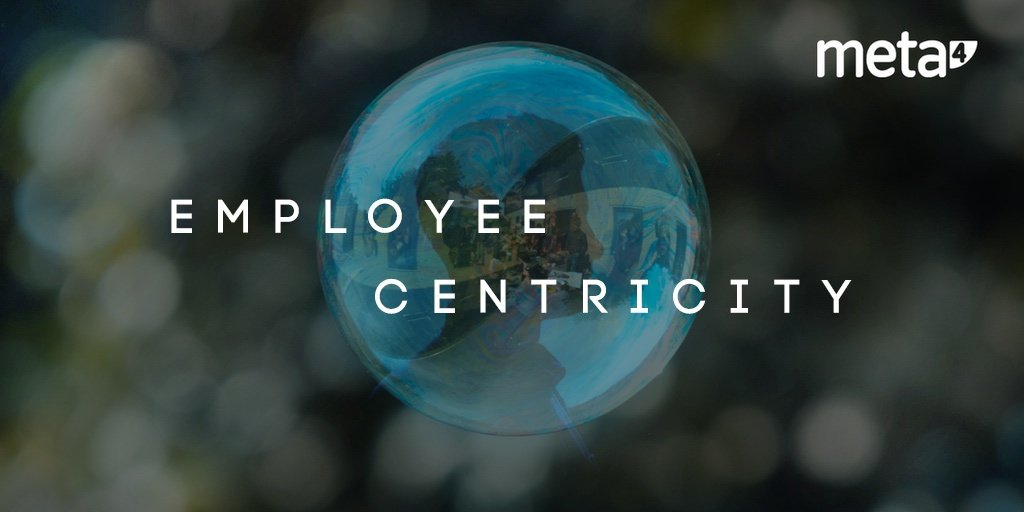The fiercely competitive markets have led personalization and deep knowledge of consumers at core of Customer Centricity to become essential for making companies stand out from one another and subsequently achieve their business goals. Companies need to get out innovative products and services that meet the needs and expectations of customers who demand experiences and sensations, collectively described as Customer Experience, beyond the basic features of a product. Consequently, in this new digital environment, organizations have realized that their employees are a key pivotal piece in order to be able to adapt to the requirements of clients who are well informed, highly demanding, and possess a great capacity to influence how their business evolves. This is how the notion of Employee Centricity has emerged, whereby the employee is put right at the heart of their company strategies.
Employee experience, the next HR challenge
According to the latest report “Global Human Capital Trends” published by the consulting firm, Deloitte, employee experience is positioned as one of the main priorities for HR in the months to come. However, while almost 80% of respondents consider it a key aspect to account for, only 22% state that they have achieved excellence in this aspect. Similarly, 59% of respondents say they are either not prepared, or only partially prepared, to address this challenge. Thus, one of the most important challenges for HR professionals in the next few months will be undoubtedly the ability to incorporate and align all these centric strategies aimed at thorough understanding of consumers, their talent policies. The combination of both customer & employee performance strategies will be a key mechanism for smoothly running business efficiently in today’s world.
Listen, get to know and personalize: the new mantra for HR
Once this new approach has been defined in organizations based on the need to get to know each one of their employees in order to personalize action plans and thus improve their employees’ work experiences, it is interesting to observe how HR is incorporating new work methodologies taken from other disciplines.
The use of Design Thinking, a method for solving problems and designing innovative products, applied to HR offers enormous potential for improving employee productivity and satisfaction. Inbound Talent, a built-in marketing concept, aims to make the employee fall in love with the organization through generating value proposals that meet their needs and expectations. Employee Journey Maps plot and defines the different key stages of the journeys taken by candidates, collaborators, and former employees of a company in order to turn them into a great experience. These are some of the practices available for HR departments so they can become more familiar with their employees. This way, HR can customize talent policies and plans of action to their employees better.
Additionally, the use of innovative technological tools to analyze, segment and personalize talent plans for each employee according to their needs, provide companies with the input for improving the work experience of their staff, and thus increase workforce efficiency and productivity.
Having gone over all these ideas, would you be interested in finding out how key companies are viewing the importance of this new concept? We encourage you to read our next post “Employee Centricity: tips and upcoming challenges to consider for 2018”.






